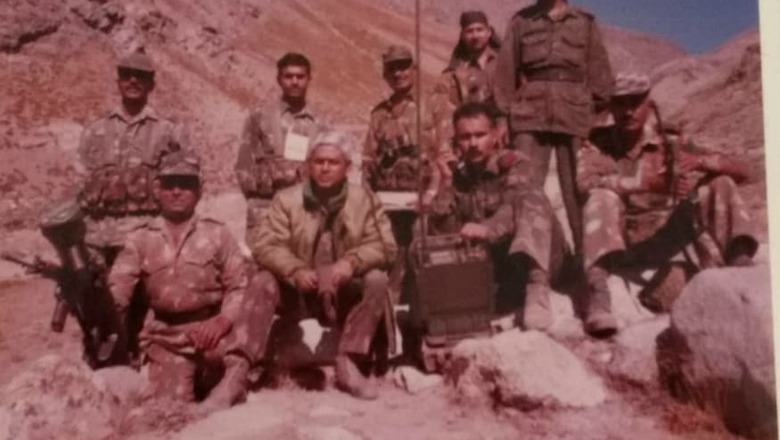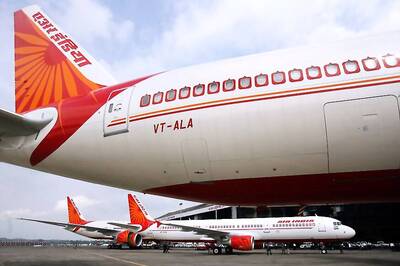
views
The Indian Army declared the success of Operation Vijay mission on July 26 stating that they had recaptured the posts occupied by Pakistan and since then the day is celebrated annually as Kargil Vijay Diwas.
As India celebrates 20 years of the win, here’s looking at the consequences that the Kargil War brought about:
Indian Armed Forces gave a befitting reply and recaptured all the posts occupied by Pakistan troops. But the victory came at a high price.
The official death toll on the Indian side in the Kargil war was 527.
There were eight Pakistani soldiers who were captured during the Kargil War, and were repatriated on August 13, 1999, while, one Indian pilot was officially captured during the Kargil War.
Pakistan, who was initially denying any role of its armed forces in the conflict, saying India was facing off with "Kashmiri freedom fighters" later, awarded its soldiers medals for the conflict, clearing aspersions of its involvement.
After the glorious victory, India increased its defence budget presented the year after the Kargil war.
The end of Kargil conflict was followed by the 13th Lok Sabha elections in India. The general elections 1999 gave a decisive mandate to the National Democratic Alliance (NDA) government which was re-elected to power bagging 303 out of 545 Lok Sabha seats.
On the diplomatic front, Indo-US relations improved, as the United States appreciated Indian attempts to restrict the conflict to a limited geographic area.
Stock markets also saw an upsurge post-Kargil War. From the end of the war until February 2002, the Indian stock market rose over 30 per cent.
Soon after the war, the Atal Bihari Vajpayee government had set up an inquiry committee into its causes and to analyse perceived Indian intelligence failure. The high-powered committee was chaired by eminent strategic affairs analyst K Subrahmanyam. The committee was given power to interview anyone with current or past associations with Indian security, including former Prime Ministers.
Aftermath of Kargil War for Pakistan
Pakistan had been humiliated diplomatically and militarily.
The then opposition leader in the Pakistan parliament and former Prime Minister Benazir Bhutto called the Kargil War "Pakistan's greatest blunder".
Ex-officials of the Pakistani military and the Inter-Services Intelligence (Pakistan's principal intelligence agency) too echoed that "Kargil was a waste of time" and "could not have resulted in any advantage" on the larger issue of Kashmir.
Retired Pakistan Army's Lieutenant-General Ali Kuli Khan, lambasted the Kargil war as "a disaster bigger than the East Pakistan tragedy", adding that the plan was "flawed in terms of its conception, tactical planning and execution" that ended in "sacrificing so many soldiers".
Pakistani media also criticised the entire plan and the eventual climbdown from the Kargil heights as according to them there were no gains to show for the loss of lives. They said the Kargil War only resulted in international condemnation for Pakistan.

















Comments
0 comment